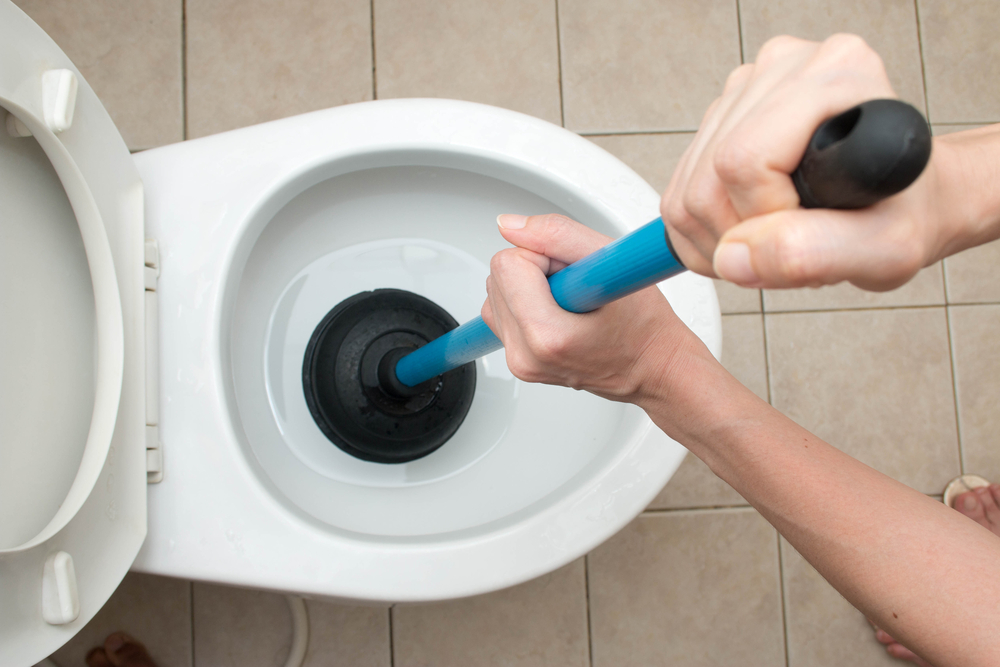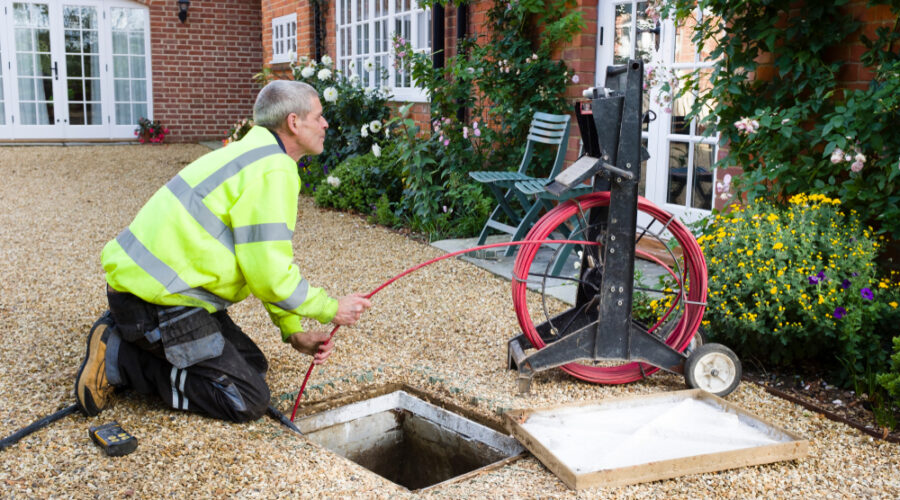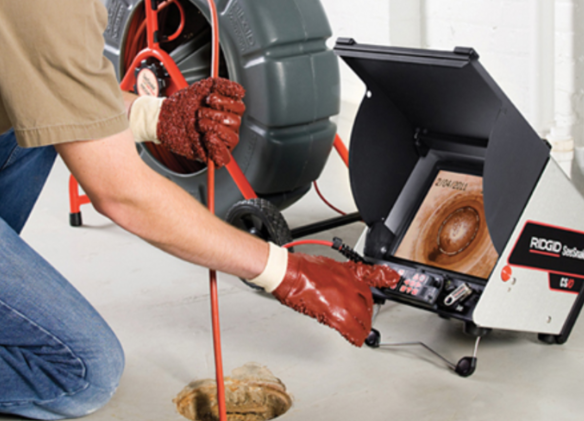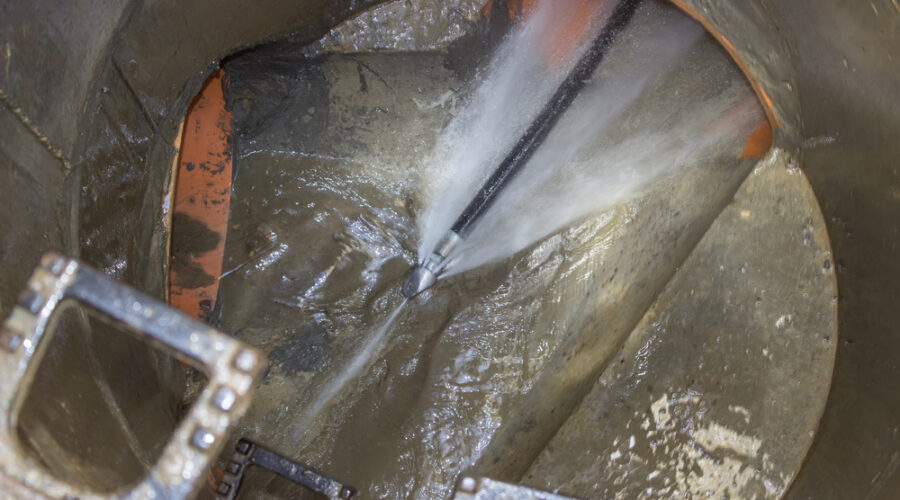Blocked drains are a common plumbing problem that homeowners face. They can cause a lot of inconvenience and even damage to your property if left unchecked. In this article, we will discuss the five most common causes of blocked drains and how to prevent them.
1. Grease and Oil Buildup
Grease and oil are some of the leading causes of blocked drains. When cooking, it’s common to pour cooking oil down the drain, and over time, it builds up and solidifies. The buildup of grease and oil can cause blockages that are challenging to remove.
To prevent grease and oil buildup, it’s best to avoid pouring them down the drain altogether. Instead, dispose of them in a separate container and throw them in the trash.
2. Foreign Objects
Foreign objects are another common cause of blocked drains. Items like baby wipes, feminine hygiene products, and paper towels can easily clog your pipes. These items do not break down like toilet paper, and when flushed down the drain, they can cause blockages that require professional intervention to clear.
To prevent blockages from foreign objects, it’s essential to avoid flushing anything other than toilet paper down the drain. It’s best to dispose of these items in the trash.
3. Tree Roots
Tree roots are a less common but significant cause of blocked drains. Tree roots can grow into your pipes, causing blockages that can be challenging to remove. The roots can also cause damage to your pipes, leading to leaks and other plumbing problems.
To prevent tree roots from causing blockages, it’s best to plant trees and shrubs away from your pipes. If you suspect that tree roots have grown into your pipes, it’s best to call a professional plumber to inspect and remove the roots.
4. Hair Buildup
Hair buildup is a common cause of blocked drains in bathrooms. Over time, hair can accumulate in the drain, causing blockages that can be challenging to remove. The buildup of hair can also cause slow drains and unpleasant odors.
To prevent hair buildup, it’s best to use a drain guard to catch hair before it goes down the drain. It’s also essential to clean the drain guard regularly to prevent hair buildup.
5. Mineral Buildup
Mineral buildup is a common cause of blocked drains in areas with hard water. The minerals in hard water can accumulate in pipes, causing blockages that can be challenging to remove. The buildup of minerals can also cause slow drains and unpleasant odors.
To prevent mineral buildup, it’s best to install a water softener or use a descaler to remove the minerals from the water.
In conclusion, blocked drains can be a significant inconvenience and even cause damage to your property. It’s essential to know the most common causes of blocked drains and how to prevent them. By following the tips outlined in this article, you can avoid blocked drains and keep your plumbing system in good working order.
FAQs
- What should I do if I have a blocked drain? If you have a blocked drain, it’s best to call a professional plumber to remove the blockage. Trying to remove the blockage yourself can cause more damage to your plumbing system.
- How often should I clean my drains? It’s best to clean your drains regularly to prevent blockages from occurring. Depending on how often you use your drains, you may need to clean them every few months.
- Can I pour hot water down the drain to remove blockages? Hot water can help remove minor blockages, but it’s not recommended for severe blockages. If you have a severe blockage, it’s best to call a professional plumber to remove it.
- What is the best way to prevent blocked drains? The best way to prevent blocked drains is to avoid pouring grease, oil, and foreign objects down the drain. You should also use drain guards to catch hair and regularly clean them to prevent hair buildup. If you live in an area with hard water, it’s best to install a water softener or use a descaler to remove minerals from the water. Finally, it’s essential to have your plumbing system regularly inspected and maintained by a professional plumber.
- Can I use chemical drain cleaners to remove blockages? Chemical drain cleaners can be effective in removing minor blockages, but they can also cause damage to your plumbing system over time. They can also be harmful to the environment and your health. It’s best to avoid using chemical drain cleaners and opt for natural remedies or call a professional plumber.






